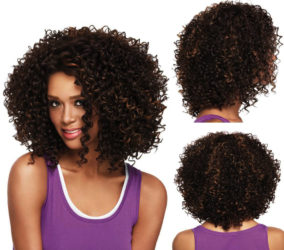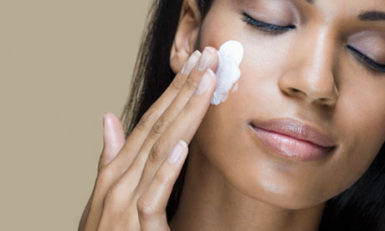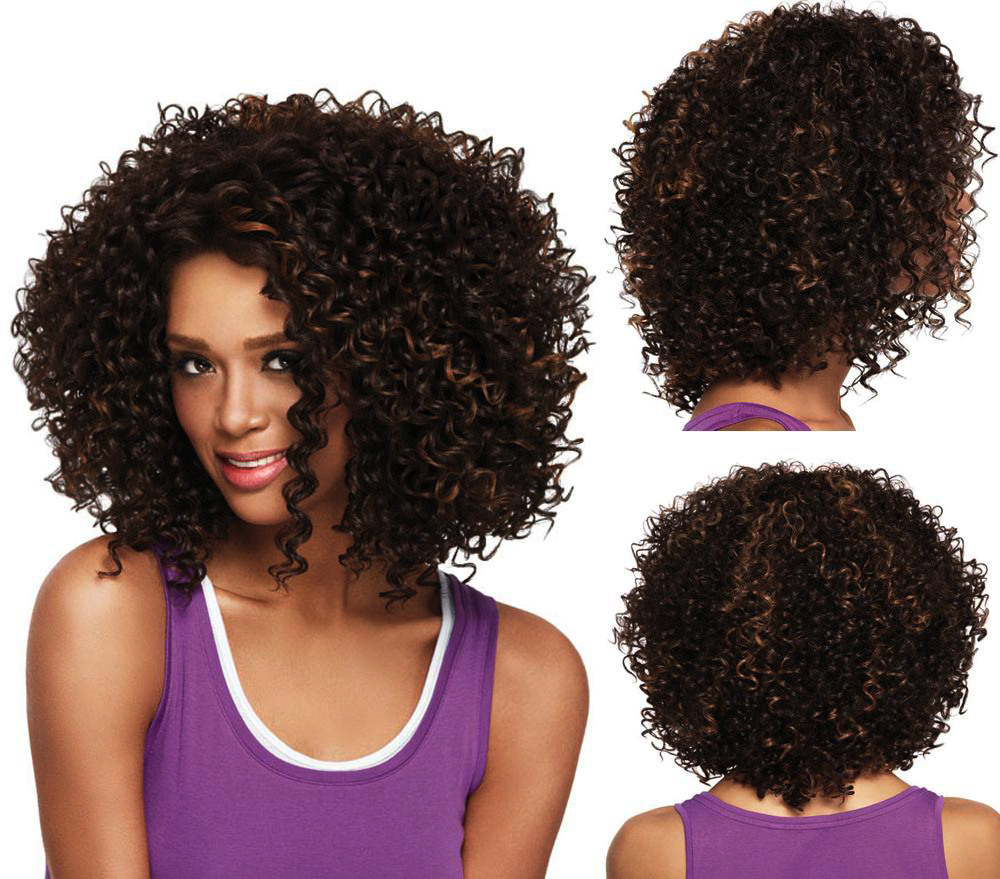I recently came across a post on a blog called Churchroadman. It highlighted the unambiguity of businesses playing on the racial insecurities of people by contributing to the bleaching business. While the NHS lists bleaching as a  cosmetic procedure like it does with breast enlargement, many including myself believe the former is act of hate for your race, which shouldn’t be practiced. Last week I wrote on Fashion and Colonization and how difficult it is and will be for the Caribbean community to establish itself as a fashion hub. This week I wanted to scope out fashion and beauty business models and ideas, that have managed to come about as a result of our history, for example the bleaching. The question of ethics surrounding some of these businesses can be argued, but what must be recognized is the considerable amount of influence these establishments and movements have as a result of being nestled in an environment that supports mainly euro-centric beauty standards.
cosmetic procedure like it does with breast enlargement, many including myself believe the former is act of hate for your race, which shouldn’t be practiced. Last week I wrote on Fashion and Colonization and how difficult it is and will be for the Caribbean community to establish itself as a fashion hub. This week I wanted to scope out fashion and beauty business models and ideas, that have managed to come about as a result of our history, for example the bleaching. The question of ethics surrounding some of these businesses can be argued, but what must be recognized is the considerable amount of influence these establishments and movements have as a result of being nestled in an environment that supports mainly euro-centric beauty standards.
Bleaching Business – Who’s Business?
 Bleaching has always been big business in Guyana. The only difference now is that people have become more accepting of it and popular culture peddles it as “the ideal beauty trend”. Imprisoned dancehall artist Vybz Kartel and singer Azealia Banks are among those popular figures who are for the skin bleaching movement. On any given day in Fazia’s on America Street you are bound to find people lingering in bleaching aisle, comparing which cream lightens you better and faster. I believe a cream called Tropical was the going thing the last time I checked.
Bleaching has always been big business in Guyana. The only difference now is that people have become more accepting of it and popular culture peddles it as “the ideal beauty trend”. Imprisoned dancehall artist Vybz Kartel and singer Azealia Banks are among those popular figures who are for the skin bleaching movement. On any given day in Fazia’s on America Street you are bound to find people lingering in bleaching aisle, comparing which cream lightens you better and faster. I believe a cream called Tropical was the going thing the last time I checked.
Some will argue that bleaching is just another beauty regime that enhances one’s appearance and not one that plays on racial insecurity in particular. Vybz Kartel caps it as a style statement. The argument can also extend itself to the fact that while it is claimed that dark-skinned people want to achieve a closer complexion to Caucasian people, the same can be said about white people who frequent sun bed salons and obsess over the latest tanning products. Who is to say who can do what? The varying difference however is , between these two groups is, the white race didn’t go through the same racial hassle by way of slavery where everything that resembled them appeared ugly or had to do with them appeared unfashionable. Is it left to ask if this systemic white beauty conditioning is not the only result of why one would want to do such? While I personally conclude that the act of bleaching is an act of self-hate that is deep rooted in white supremacy beauty standards, beauty and self-expression are subjective and are up to personal taste.
Natural Hair Care Lines and Services
 There has always been a significant market gap for salons offering products and services that are suitable for African-Guyanese to embrace their hair. Finding suitable products and services has always been burdensome, often leaving women with ‘controlled options’. The hair weave business is another extremely profitable one that can be seen as an extension of beauty standards inspired by colonization. Black people are conditioned into thinking that their hair is ugly. I recently came across the announcement of CurlFest Expo which will be held at the Promenade Gardens. The day is being touted as packed with informative natural-hair workshops as well as a natural hair show amongst among other things. It is a necessary movement for people to understand the politics behind their hair care and to view black people’s hair equally beautiful to that of other ethnic groups.
There has always been a significant market gap for salons offering products and services that are suitable for African-Guyanese to embrace their hair. Finding suitable products and services has always been burdensome, often leaving women with ‘controlled options’. The hair weave business is another extremely profitable one that can be seen as an extension of beauty standards inspired by colonization. Black people are conditioned into thinking that their hair is ugly. I recently came across the announcement of CurlFest Expo which will be held at the Promenade Gardens. The day is being touted as packed with informative natural-hair workshops as well as a natural hair show amongst among other things. It is a necessary movement for people to understand the politics behind their hair care and to view black people’s hair equally beautiful to that of other ethnic groups.
I believe that it is a combination of a lack of education and availability of suitable products that help individuals make choices they make. The question is how much intervention and monitoring the state should have to ensure choices made will work towards social cohesion and the best health decisions; as it is known that some bleaching creams contain hydroquinone, corticosteroids or mercury.
According to NHS which lists skin bleaching as a cosmetic procedure, creams that contains such ingredients can result in complications such as scarring, kidney, liver or nerve damage and abnormalities in a newborn baby (if used during pregnancy) among others. On the social cohesion side having the creams available on the market can contribute to racial anxieties that already exist thanks to our political climate. Before we have change, people need to fully understand their choices and they need to see an equal representation of beauty. If not beauty standards that challenged our forefathers many moons ago will still seek to erase our identity eventually.






